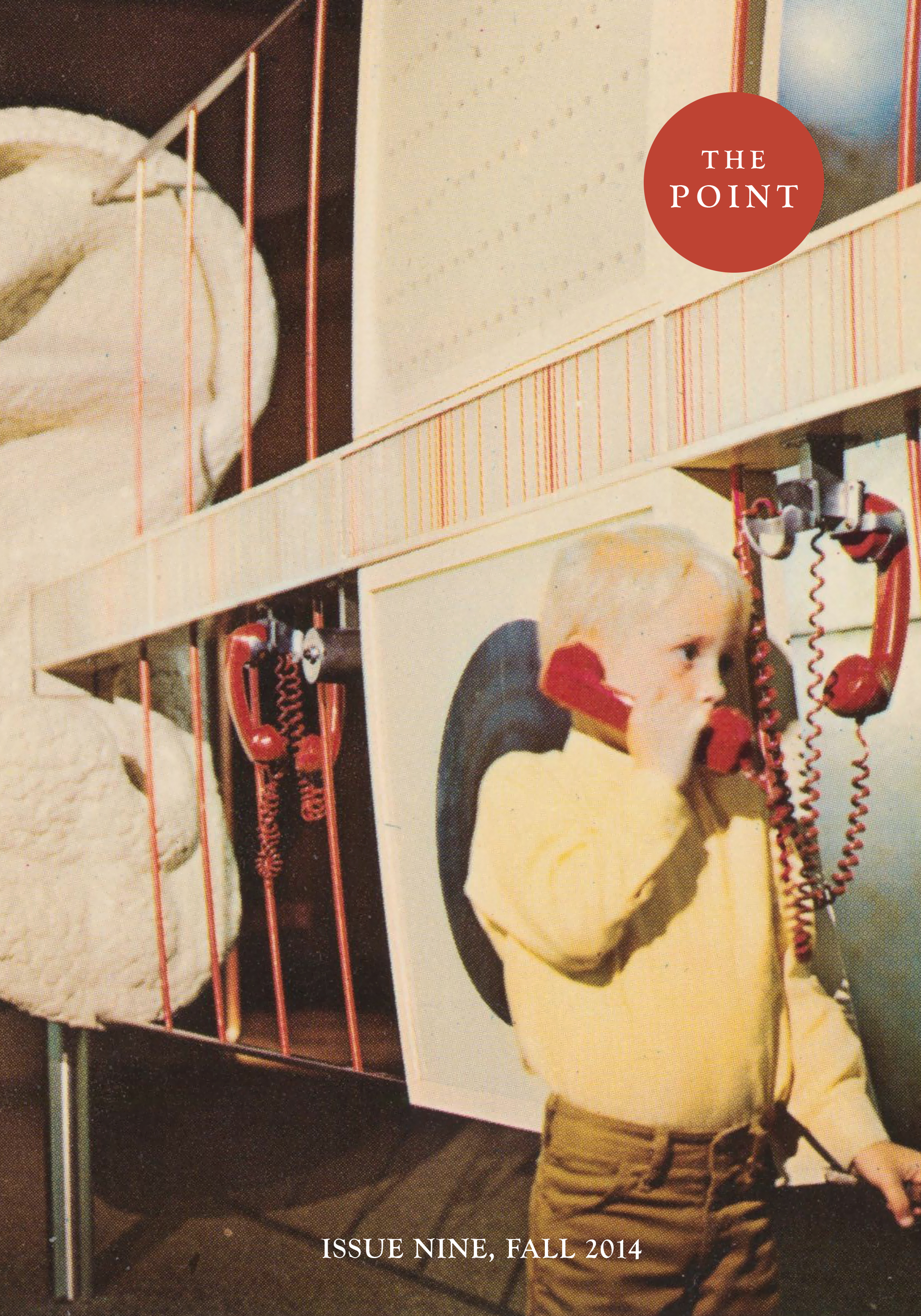Why, notwithstanding all the grave warnings, do informed people (more and more of them all the time) continue to join social networks and then to stay on them? Perhaps the growth of social networks demonstrates the importance of a desire the social contract theorists tended not to make much of—and which, more often than not, seems to supersede our desire for privacy or independence: the desire, that is, to be social.
Listen to an audio version of this essay: Curio · The Point | Hell A couple of years ago, a Chicago-based corporate-identity consultant named Chris […]
Vladimir Putin’s distrust of Western-style democracy, his occasional nostalgia for Russia’s glorious tsarist past, his recurring anger at the Communist leaders who allowed the Soviet […]
Stefan Zweig’s 1942 novella, Chess Story, set on a steamer headed from New York to Buenos Aires, recounts the tale of a Viennese lawyer, Dr. […]
It wouldn’t be absurd to describe Don DeLillo’s Cosmopolis as the most prescient American novel of the last fifteen years. Published in 2003, it’s a […]
Living in the kinds of apartments I do means mice, often. House mice, one of the world’s most successful species—whatever that means—don’t care how much […]
Like many women with countercultural affinities and too much education, when I got pregnant I began planning for a “natural,” i.e. drug-free, childbirth. Considering that […]
Why, notwithstanding all the grave warnings, do informed people (more and more of them all the time) continue to join social networks and then to stay on them? Perhaps the growth of social networks demonstrates the importance of a desire the social contract theorists tended not to make much of—and which, more often than not, seems to supersede our desire for privacy or independence: the desire, that is, to be social.
The right to supervision! The right to surveillance! It sounds sinister now, but it went without saying at the time that the Communists could not have maintained the esprit de corps and internal organization necessary to defeat the forces of European fascism without it...
Is there harm in being observed if I never find out about it and if my life is never affected in any observable way?
In May, Facebook made a widely reported change to its default privacy settings for the site’s new users, setting the audience for posts to “friends”—those […]
Your genes are your essential, true identity. If we accept that message, we permit a private company to deliver to us our selves. If we reject it, we alienate ourselves from a thriving genetic community that sees itself as the bright future: open, progressive, and winning the timeless war against illness, senescence and death.
Every decade since the 1950s, a literary doctrine or two has dominated the academy. In the Sixties it was structuralism and reader response theory; in […]
In 1988 no one in France took the hip-hop movement seriously. It was the rec-room era. Joey Starr and Kool Shen were just two kids from Seine-Saint-Denis, the 93rd ward, a neglected tract of housing projects on the northern outskirts of Paris ...
Watch Dogs is the first videogame to provide a widely explorable simulation of an urban environment that is itself, within the fiction, extensively computer-controlled, and so can be taken over by a tech wiz with a customized smartphone...
With Binky Brown, comics entered the mirror stage: they could all of a sudden be used for self-reflection and self-analysis, for an author to have an illustrated conversation with himself through the panels on the page. The ground was cleared for a new kind of comic: complex, self-conscious and demanding...
